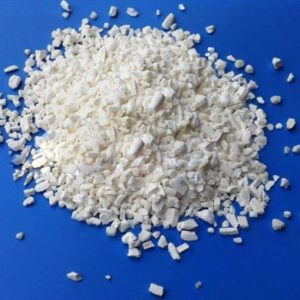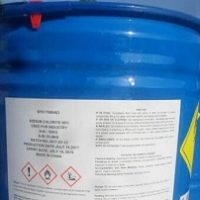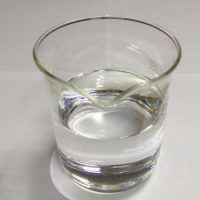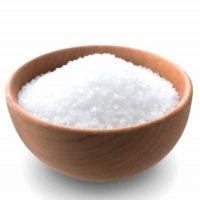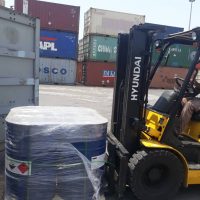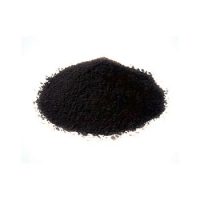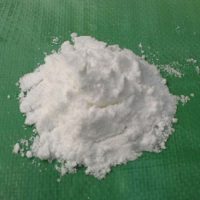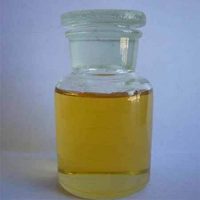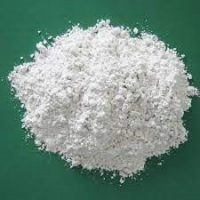Zinc Chloride
- CAS Number: 7646-85-7
- Appearance: Solid
- Purity:%
- Made in: China
- Phone Num : +86-2150591759
- E-mail: info@shanghaimetex.com
- Description
- analysis
Description
Zinc chloride is a chemical and salt compound that exists in both dry and hydrous forms. So far, 9 of its crystalline structures have been identified. In addition to the solid-state, it is also available in 50 and 70% of solutions. Due to its high solubility in many solvents, it is used in various industries including the paper industry, textile, disinfectants, and cosmetic products.

Physical and Chemical Properties:
This chemical compound has the molecular formula of ZnCl2 and contains monohydrate, dihydrate, trihydrate, tetrahydrate, and pentahydrate. It is in the form of colorless or white crystals. This white salt absorbs moisture and dissolves completely in water. When it absorbs moisture, its crystals stick together and appear as a ball.
The most important physical and chemical properties of ZnCl2 can be summarized in the following table:
| Chemical formula | ZnCl2 |
| Molecular Weight (g/mol) | 136.315 |
| Appearance | solid |
| odor | odorless |
| Density (g/cm3 at 25 °C) | 2.907 |
| Melting point (° C) | 290 (554 °F; 563 K) |
| Boiling point (° C) | 732 (1,350 °F; 1,005 K) |
| Solubility in water (g/ 100 g at 25 °C) | 432.0 |
| Solubility | soluble in ethanol, glycerol, and acetone |
| Vapor pressure (mm Hg at 305 °C) | 0.0075 |
| color | White |
| form | crystalline solid |
| Chemical Structure Depiction |  |
The Production Process of Zinc Chloride:
The reaction of zinc chloride and hydrochloric acid is used to produce dry zinc chloride. During this reaction, ZnCl2 and hydrogen gas are produced. The chemical equation of the reaction is as follows:
Zn + 2HCl → ZnCl2 + H2
Its hydrated form an aqueous solution can be easily prepared by reacting zinc metal and various zinc salts (such as zinc carbonate, zinc oxide, and zinc sulfide) with hydrochloric acid.
ZnS + 2 HCl + 4 H2O → ZnCl2(H2O)4 + H2S
Commercial samples of zinc chloride contain water and products from the hydrolysis of impurities. Some of these impurities can be obtained by recrystallizing hot dioxane.
Applications of Zinc Chloride:
Production of ion exchange resin: One of the major applications of zinc chloride is in the production of ion exchange resins, this material is also used to accelerate the process of vulcanization of rubber.
chemical industry: Zinc chloride is used in the production of dyes, intermediate chemicals, and solvents such as ethyl acetate.
Adhesive production: This compound is used as a dehydrating agent in chemical syntheses and is used in the adhesive and wood industries.

Synthesis of organic materials: In chemistry laboratories, it is used as a Lewis acid in the synthesis of organic chemicals.
Oil and drilling industries: Due to its high density, it is used as a filler in the oil well drilling industry.
Energy-saving: It is commonly used as an electrolyte in solar cell batteries and also acts as a moisture absorber and corrosion inhibitor.
Metallurgy and welding: Due to the ability of this material to dissolve metal oxides, this material is used in welding.
Separation of oil from water: This compound is also used to separate oil from water because it has the ability to destroy emulsions.
Safety Information:
The aqueous solution of this substance is a strong acid. In case of contact with skin or eyes, rinse immediately with plenty of water. It is very corrosive if swallowed and a strong stimulant if inhaled. Eating even 10 ml of 35% solution can lead to sore throat, indigestion, diarrhea, nausea, and abdominal pain.
While using this chemical, you should wear rubber gloves, a mask, and goggles to maintain personal safety.
Packing and Storage:
zinc chloride should be stored in a cool place, without moisture, and in nonmetallic containers. Avoid placing it near high heat and flame.
analysis


